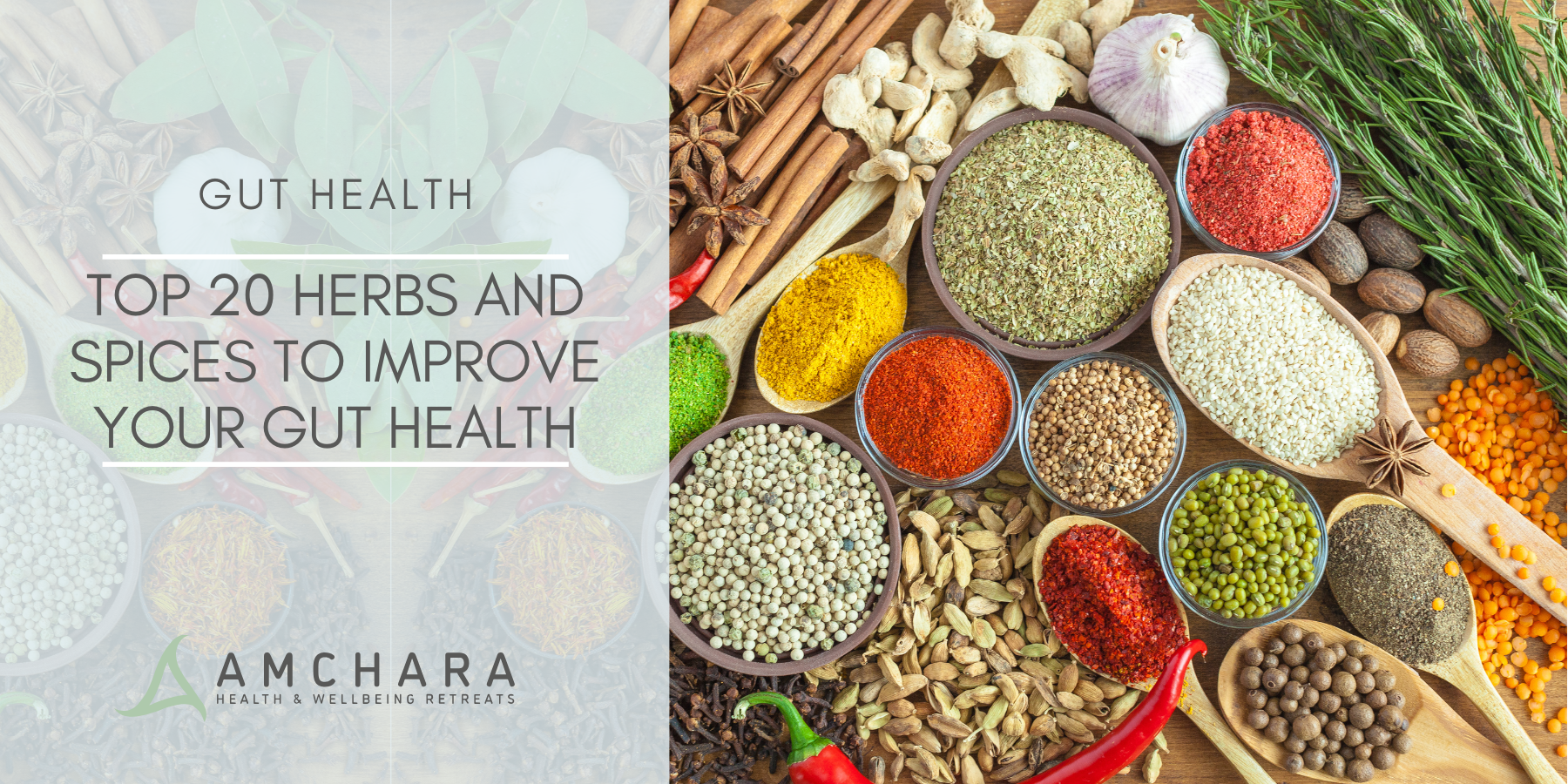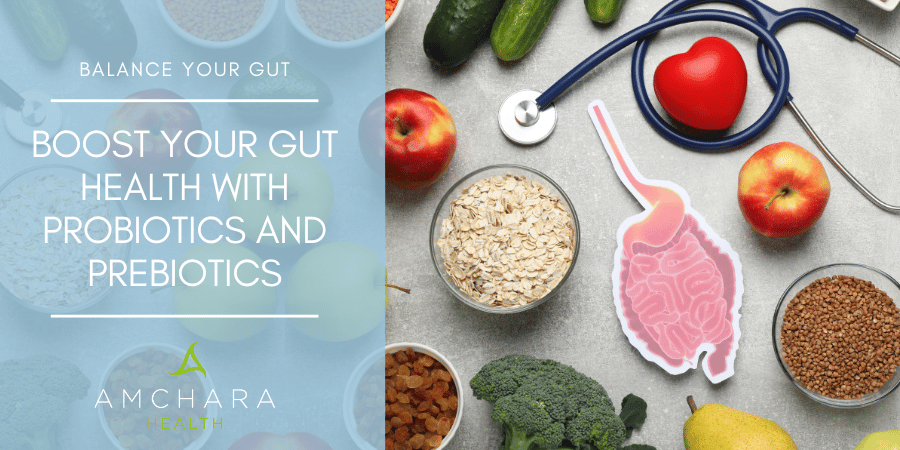There is increasing evidence that your gut is central to your health – so keeping your gut happy and healthy is vital.
Many health conditions have been linked to poor gut health including depression, IBS, anxiety, autism, acne and eczema, to name just a few.
There is a proven link between the gut and brain, the gut-brain axis, which explains the link to mental health issues.
One influences the state of the other and vice versa, with the early years of life being the most crucial to ensure development of a healthy gut environment.
We always take an evidence-based approach and aim to provide you with actionable knowledge and tips to help you on your journey to optimal health.
So here are our 7 top tips to keep your gut happy and healthy.
Upset Stomach? Book Your Free Gut Health Consulation Today
1. Prevention is better than cure
Get into the mindset that food is medicine.
Everything you consume has a positive or negative effect on your body, depending on what you are eating.
Too much processed and junk food can cause symptoms such as digestive complaints, headaches and poor skin.
If you feed your body plenty of whole, plant based foods you are enabling your body to function at its best, making you feel full of energy and vitality.
2. Eat a variety of fruit and vegetables – the brighter the better
Generally, the brighter a fruit or vegetable is, the more flavonoids they contain.
Flavonoids are plant chemicals and act as potent antioxidants, keeping our digestive system healthy and promoting optimal health.
Some good choices to support your gut are Brussel sprouts, sweet potatoes, berries (such as blueberries and strawberries) and peppers. Aim for a wide variety – a ‘rainbow’ – and remember to eat more vegetables than fruit.
3. Get a decent night’s sleep
A relationship has been found between lack of sleep and digestive issues such as IBS and ulcers so it is really important to make sure you are getting enough, and good quality, sleep.
Switch off digital equipment at least on hour before bed. Try making a to do list for the next day to help consolidate your thoughts and calm your mind to help you fall asleep more quickly.
Having a full 8 hours sleep allows your body time to repair and heal cells, especially the immune system.
4. Watch your alcohol intake
Alcohol is an irritant to the gut lining and can cause heartburn, acid reflux and diarrhoea.
Consuming alcohol on a regular basis depletes the beneficial bacteria in your gut.
If you want to enjoy alcohol every now and again, make sure you drink it with food, choose red wine as it offers some health benefits too but only drink in moderation – don’t exceed a couple of glasses.
5. Are you getting enough fibre?
There are two types – soluble and insoluble – both are important for maintaining your gut health.
Soluble fibre slows digestion, prevents blood sugar spiking and they can be found in foods such as oats, beans, peas, flaxseeds, apples and berries.
Insoluble fibre aids the movement of food through the digestive tract, helping to avoid constipation and can be found in foods such as nuts, whole wheat, whole grains, seeds and rice.
6. Avoid artificial sweeteners
Artificial sweeteners can be particularly detrimental to digestive health because they can’t be digested properly, resulting in bacteria then feeding on them in the gut.
Some of the worst offenders are sorbitol and mannitol found in chewing gum, soft drinks and some processed foods, including many biscuits and cakes.
7. Feed your friendly bacteria
Gut health relies on the state of the gut microbiome.
Both prebiotics and probiotics are important factors for good gut health. Think of probiotics as fertiliser for your good gut bacteria, whereas prebiotics are live good bacteria.
To ensure a good balance and a diversity of bacteria, include both probiotic and prebiotic foods regularly, as part of a healthy diet.
The Allium family (think leeks, garlic, onions) are good sources of prebiotics, as are bananas, apples, seaweed and grains such as wheat bran, oats and barley.
Choose live yoghurt, sauerkraut, kimchi and kefir – all excellent sources of probiotics to help your gut flora flourish and support your digestive system.
You may also benefit from taking prebiotic and probiotic supplements but be careful what you choose, as some supplements do not include effective strains of bacteria.
If you have any existing health conditions, always check with a health professional before taking supplements.
A consultation with an experienced Amchara Personalised Health practitioner could be beneficial to support you in making appropriate nutrition and lifestyle changes and support you on your journey to optimal health.
We hope you enjoyed this article.
Do you have any other top tips to keep your gut healthy?
We’d love to hear from you.
Topics Related to Gut Health:
- Gut health – common gut problems
- Gut health – is my gut in balance?
- Gut health – leaky gut and grains (and why to avoid them)
- Gut health – good health starts in the gut
- New study shows a gluten free diet influences gut health
- Gut health – fasting for gut health
- Gut health – antibiotics and gut health
- Control IBS with these 7 foods





